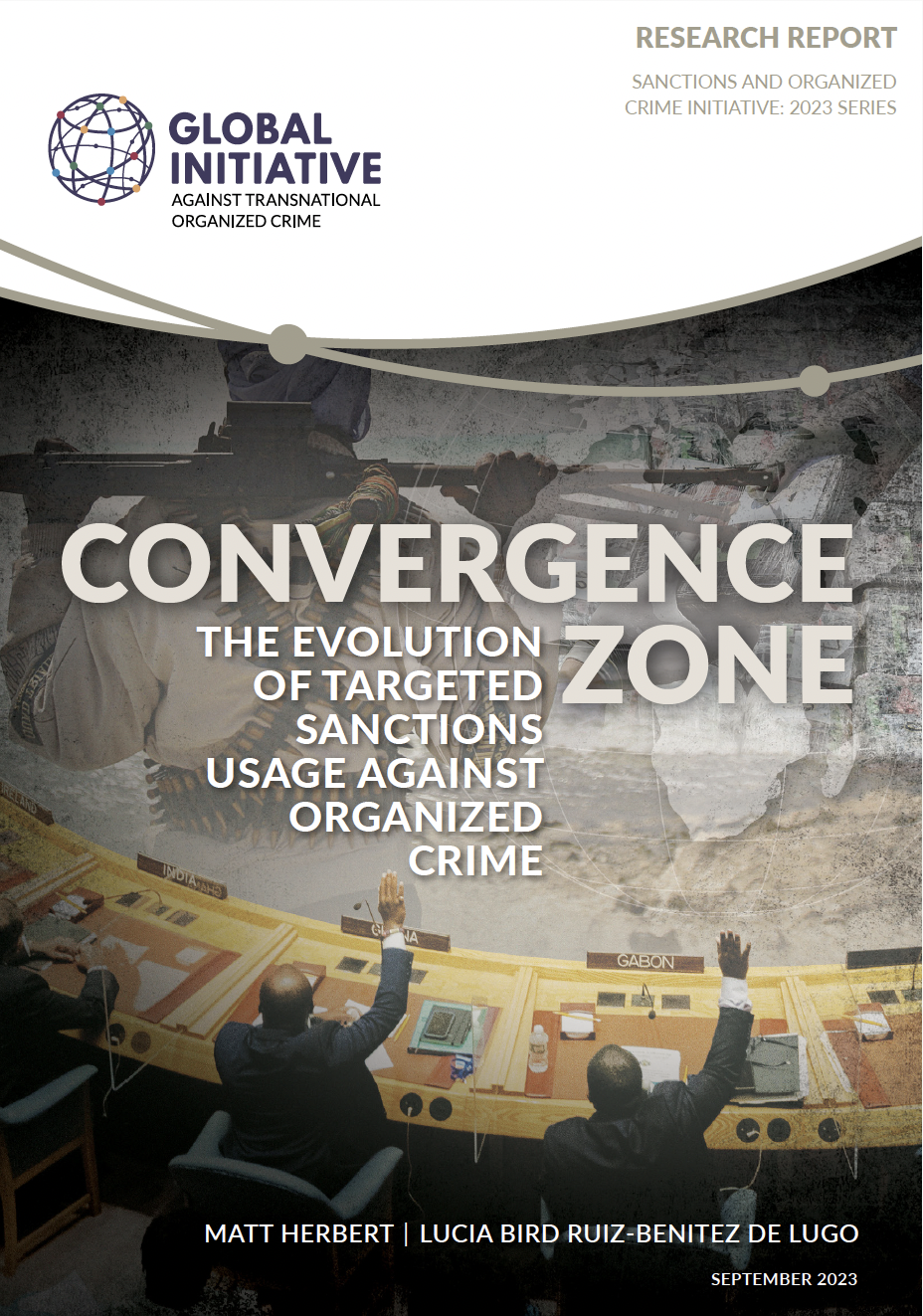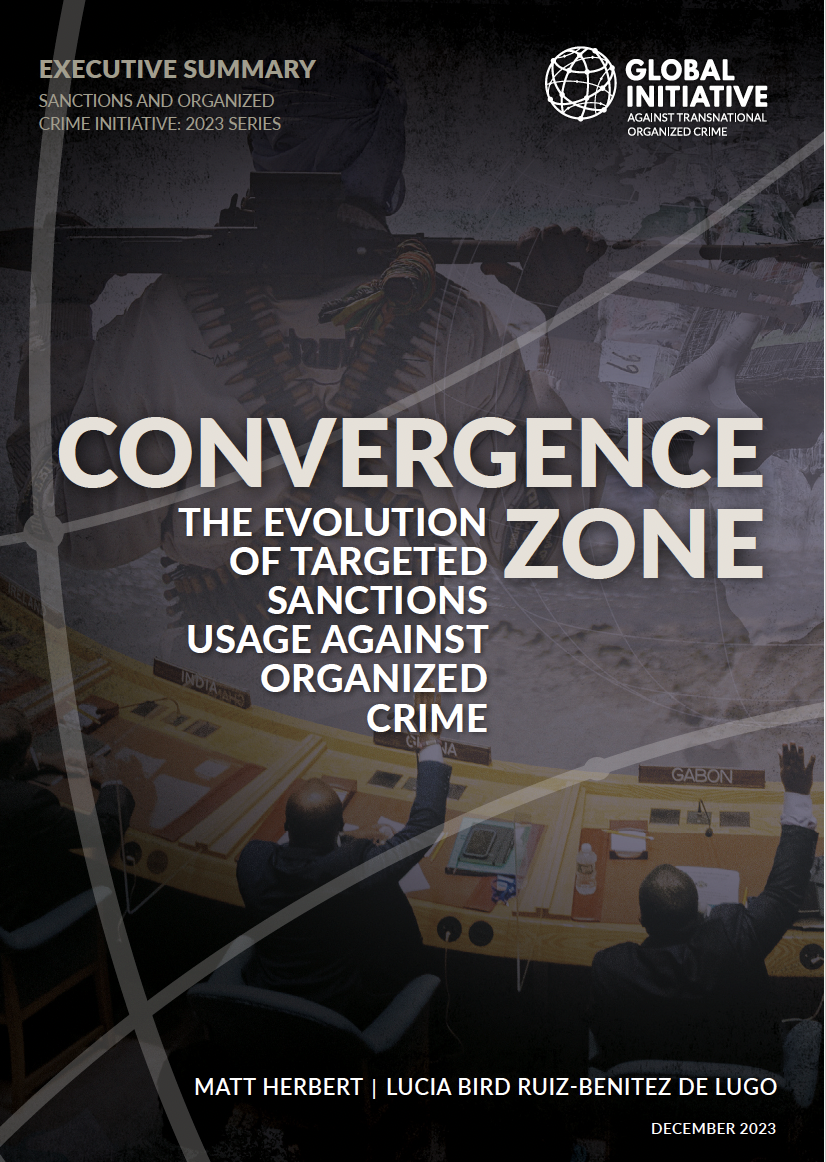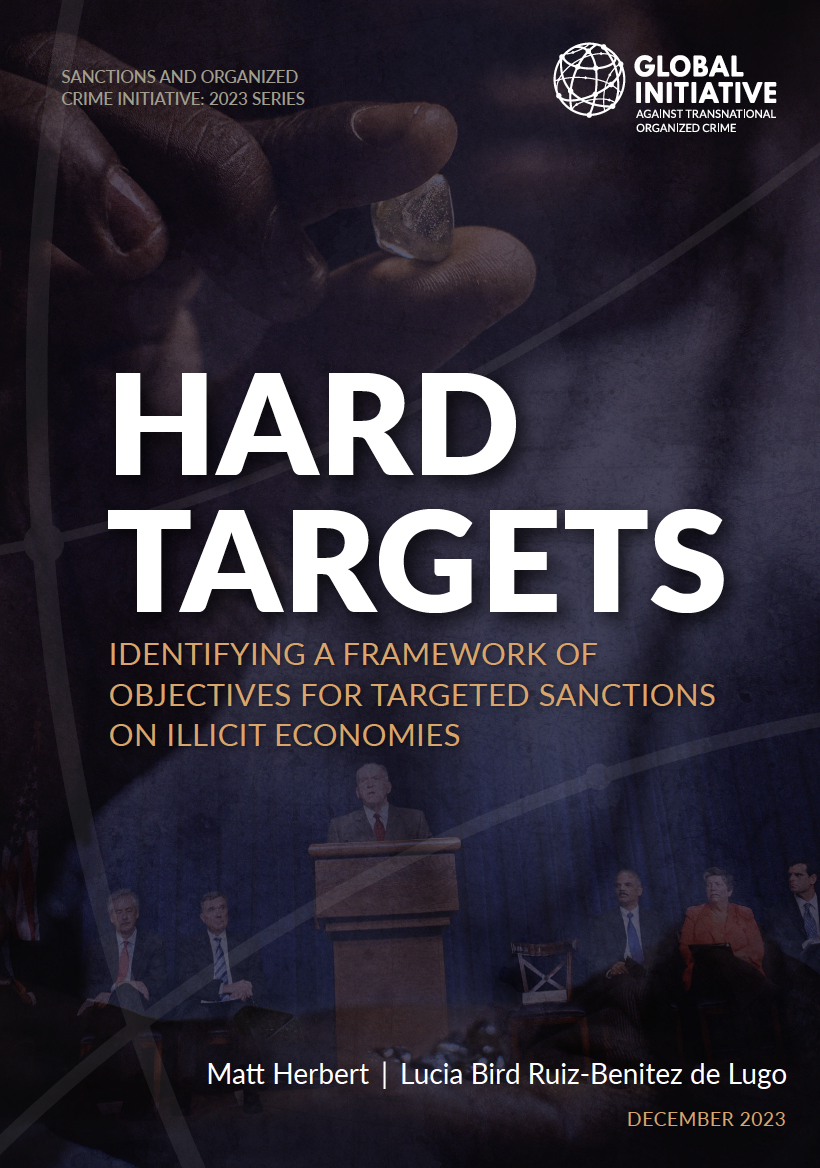On 11 July, the GI-TOC published my article on the rising use of targeted sanctions to counter human smuggling, and good practices for those considering such approaches.
The article can be found here: https://globalinitiative.net/analysis/g7-sanctions-migrant-smugglers-human-traffickers/
It is reprinted below:
New targets, old tools - The G7 ups momentum around the use of sanctions against migrant smugglers and human traffickers
Human trafficking and the smuggling of migrants continue to dominate political debates and multilateral discourse as leaders search for new tools and strategies to address these crimes. In this context, targeted financial and mobility sanctions have recently emerged as a high-profile option for policymakers.
In June 2025, the Group of Seven (G7) became the latest forum to endorse the use of sanctions to counter migrant smuggling and human trafficking. In a communiqué issued after their latest meeting in Kananaskis, Canada, G7 leaders stated: ‘We will explore, consistent with our legal systems, the potential use of sanctions to target criminals involved in migrant smuggling and human trafficking operations from countries where those activities emanate.’
This statement is in line with the growing interest in applying sanctions for this purpose. In January 2025, the UK announced its intention to create a sanctions regime specifically to target the smuggling of migrants, with other jurisdictions also considering the development of similar regimes.
However, to date, actual designations of smugglers and traffickers have been rare, particularly compared to their use in cases of more frequently targeted forms of criminality, such as drug trafficking, corruption and cybercrime. The US has issued the majority of such sanctions, primarily through its ‘counter transnational crime’ regime (through executive order 13581), to designate migrant smuggling and human trafficking actors in a handful of countries, including Mexico, Guatemala, Pakistan and Myanmar. The UN has designated abusive human smugglers and associated security personnel in Libya and Mali, while the UK has sanctioned traffickers linked to scam centres in South East Asia.
Due to their rarity, there are few case studies to gauge how sanctions influence and impact migrant smuggling and human trafficking, although there are indications that their use – coupled with other tools – have reshaped smuggling ecosystems in Libya. Research on this issue has identified a number of good practices that states and multilateral bodies should consider if they are looking to increase their deployment of sanctions against criminal actors driving these illicit economies.
First, the concept of impact needs to be updated and redefined. In traditional nation state-focused sanctions regimes, targeted sanctions on individuals and entities – such as businesses – are aimed at coercing a cessation by the state of a specific activity, such as the development of weapons of mass destruction or involvement in conflict. The intended impact of sanctions is possible because there is a single issue at play, which can be halted by a state’s leadership.
As research by the Global Initiative Against Transnational Organized Crime (GI-TOC) has underscored, the logic of impact is different when it comes to sanctions on criminal actors such as migrant smugglers and human traffickers, which act as small components of broad and highly adaptive ecosystems. While it may be possible to use sanctions to coerce a degree of individual change among designated individuals, there should be no expectation that this will lead to the complete cessation of these economies.
Instead, the GI-TOC recommends that when designing sanctions against criminal actors, a more realistic and effective strategic aim involves disrupting and shaping criminal ecosystems. Strategic disruption involves repeated and regular designations that impact an ecosystem’s ability to operate in ways that cause defined harms of concern. Strategic shaping, in turn, involves altering the functioning of a criminal ecosystem by influencing the cost-benefit assessments made by non-designated actors in order to deter or minimize harms, or promote adherence to certain behavioural norms. Effectively, the goal is to move beyond reducing specific risks, as in disruption, to shifting activities and norms among a broad range of non-designated criminal actors through deterrence.
The disruption and shaping of criminal ecosystems are not only feasible, but also valuable for states looking to counter highly problematic forms of migrant smuggling and human trafficking if properly conceptualized and strategically thought through. In Libya, for example, the use of sanctions has arguably played a role in shifting the prevalence and social acceptability of certain highly abusive forms of migrant smuggling.
Second, there need to be follow-ups to designations. Sanctions should not be a ‘fire-and-forget’ tool, but rather one that continues to be fine-tuned. As part of this process, regular assessments of regional migrant smuggling and trafficking ecosystems need to be undertaken to identify how they are evolving and adapting to sanctions. Ideally, these assessments should be as widely shared as possible to catalyze coordination between states.
Third, sanctions are not a silver bullet. They work best when they are part of a broader strategy involving a number of other tools, not all of which are punitive, such as prosecutorial approaches, local law enforcement capacity building and development aid to communities at risk of criminal infiltration. The strategy must also involve a number of countries, including those struggling to counter human trafficking and smuggling networks in their territory. Crucially, such a transnational strategic approach can also help build support for action in countries struggling with human trafficking and migrant smuggling, rather than leaving them singled out for what is, in reality, a transnational problem.
Fourth, there is a need to understand and design interventions around the entire smuggling and trafficking ecosystems. Migrant smuggling is often considered in terms of individual criminal networks. While these are important, the much broader infrastructure that facilitates them (the private sector actors, corrupt government players and social enablers) must also be taken into account. Focusing sanctions and other tools on actors across an entire ecosystem makes deterrence and shaping far more feasible.
Fifth, time horizons and public expectations of success are critical considerations. Unlike sanction regimes imposed on states, which may offer a ‘victory’ moment, regimes targeting criminals such as migrant smugglers and traffickers are unlikely to offer a clear end goal. Ending migrant smuggling is unlikely to be accomplished at any point. Rather, sanctions operating as part of a broader, multi-tool strategy are a long-term instrument that can change the functioning of, and the harms caused by, human trafficking and smuggling. This underscores a final point: the importance of proactively and clearly communicating to the public and politicians what they can expect.
As the G7 leaders’ statement highlights, the imposition of sanctions on human traffickers and smugglers is likely to increase sharply in the coming years. As states consider this approach, it is important that they also acknowledge that sanctions on traffickers and smugglers – and on organized crime more broadly – require a rethinking of the aims, strategies, messaging and assessment of effects compared to the country-focused regimes with which state officials and sanctions units are most familiar.




